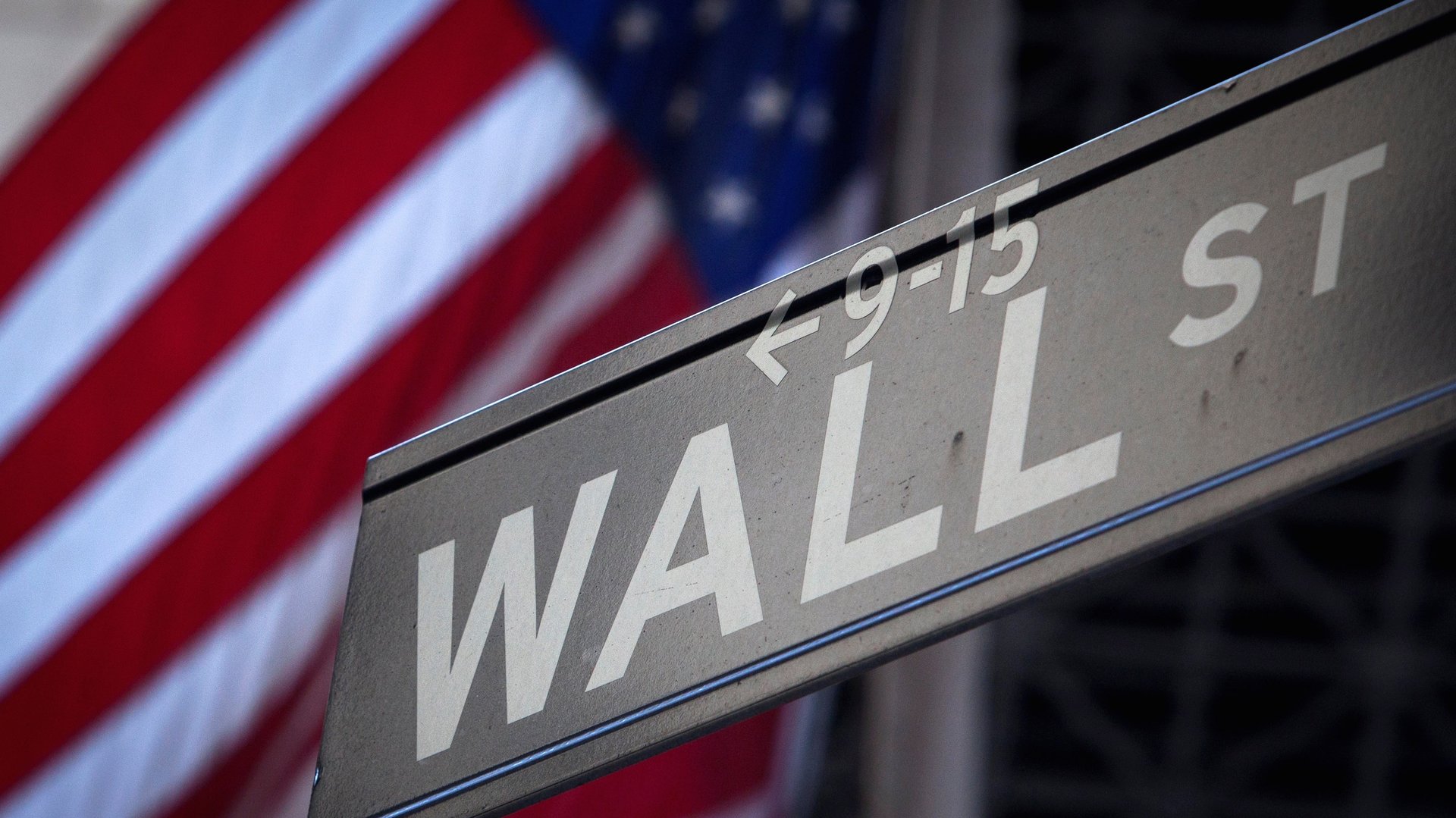Talking shop with your Wall Street relatives over the holidays might land you in prison
Casual gossips and careful listeners beware! You could get locked up if confidential shop talk is used to inform trades. Even if nothing is exchanged for the tips, sharing secrets is a benefit unto itself, and it’s illegal.


Casual gossips and careful listeners beware! You could get locked up if confidential shop talk is used to inform trades. Even if nothing is exchanged for the tips, sharing secrets is a benefit unto itself, and it’s illegal.
The United States Supreme Court ruled unanimously today (Dec. 6) in Salman v. US that a tipper who shares confidential information, and gets nothing material in exchange, nonetheless benefits. In other words, even if there’s nothing given in return for the secret information, the act of sharing is itself sufficient to meet the definition of “benefits” required to prove insider trading.
The decision—timely in this season of gab, gifts, and gatherings—centered on Bassam Salman. Salman got insider tips from his future brother-in-law (via his brother, who worked in Citigroup’s health care investment group) and traded on them, earning $1.3 million. Convicted of conspiracy and insider trading in 2011 in California, Salman on appeal relied on US v. Newman, a 2014 ruling in the US Second Circuit Court of Appeals in New York that reversed the insider-trading convictions of two hedge-fund managers. Salman argued he wasn’t technically liable because the tipper, his relative, received no money or property in exchange for the tips and did not personally benefit. His argument was rejected by the Ninth Circuit Court of Appeals in San Francisco in 2015, a decision affirmed by the Supreme Court today.
Justice Samuel Alito’s opinion concluded that there’s no question about whether the giver benefits from sharing a tip. Pointing to a 1983 case, Dirks v. Securities and Exchange Commission, Alito wrote, “A personal benefit includes ‘the benefit one would obtain from simply making a gift of confidential information to a trading relative.’”
The decision narrows the reach of the Newman ruling, which had thwarted a prosecutorial crackdown on the $3 trillion hedge fund industry, according to the New York Times. Manhattan US Attorney Preet Bharara was forced to drop charges against 12 defendants accused of insider trading because of that precedent, Reuters reports; the new ruling will make it easier to pursue and prove insider trading cases nationwide.
Meanwhile, Salman’s sentence—36 months in prison, plus probation and $730,000 in restitution—stands.
To avoid a similar fate, the rule is this: If information isn’t publicly available, and the tipper couldn’t legally use it to inform trades, then neither can a recipient, regardless of whether there’s any material benefit to the giver. So file away tips picked up at parties. Acting on them could land you in a fix.